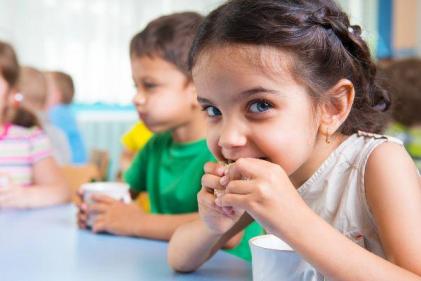While so-called 'helicopter parents' may have the best intentions, their style of parenting is linked to bad behaviour in the classroom, a new study has found.
Helicopter parents tend to be overcontrolling, 'constantly guiding' their kid's behaviour, in the words of lead author Nicole B. Perry, PhD.
“Our research showed that children with helicopter parents may be less able to deal with the challenging demands of growing up, especially with navigating the complex school environment," she told the APA.
"Children who cannot regulate their emotions and behaviour effectively are more likely to act out in the classroom, to have a harder time making friends and to struggle in school.”
The recent study, published in Developmental Psychology, followed 422 kids over eight years.
The kids were assessed at ages two, five, and 10, through observed parent-child interactions, reports from teachers, and self-reports from the children at age 10.
During the observed interactions between parent and child, they were asked to play as if they were at home.
“Helicopter parenting behaviour we saw included parents constantly guiding their child by telling him or her what to play with, how to play with a toy, how to clean up after playtime and being too strict or demanding," Perry explained.
"The kids reacted in a variety of ways. Some became defiant, others were apathetic and some showed frustration.”
Two-year-olds whose parents were overcontrolling were more likely to have poorer emotional and behavioural control at age five.
The team also found that if kids had greater emotional regulation at age five, they were more likely to be productive in school at age 10. As well, these children were more likely to have good social skills and less likely to have emotional problems.
“Children who developed the ability to effectively calm themselves during distressing situations and to conduct themselves appropriately had an easier time adjusting to the increasingly difficult demands of preadolescent school environments," Perry noted.
"Our findings underscore the importance of educating often well-intentioned parents about supporting children’s autonomy with handling emotional challenges.”
She recommended that parents talk with their kids about their feelings and the consequences of certain behaviours. Perry also suggested helping kids develop constructive coping strategies for when emotions are running high.







